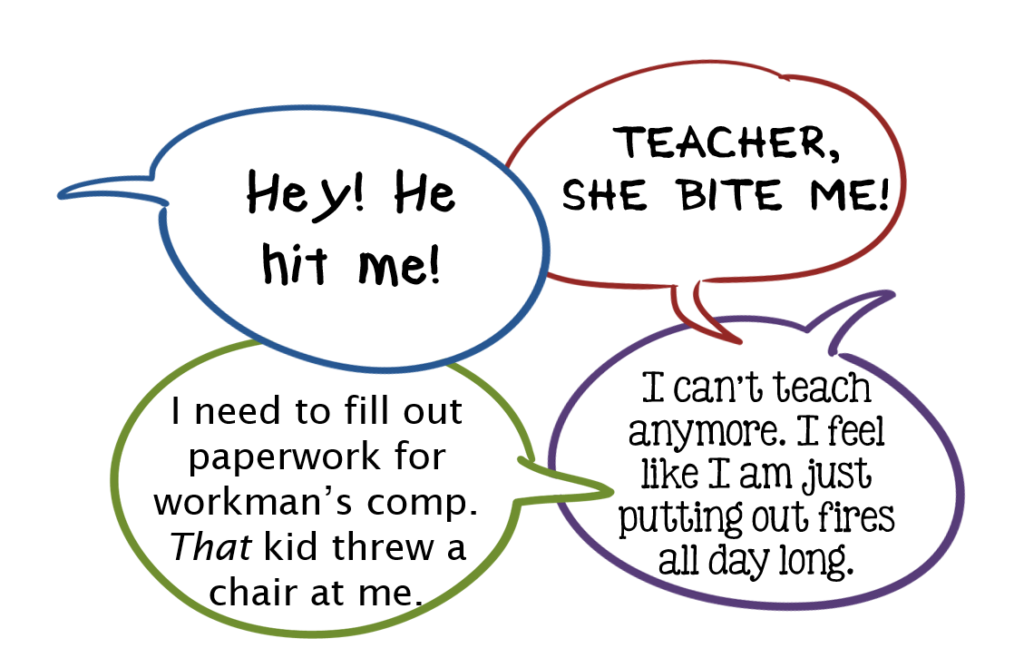While supporting children in early childhood settings, does it feel like classrooms are becoming more challenging? Do teachers think that it is harder to teach and work with some young children because of their difficult behavior? If so, you are not alone. This is something that is being shared nationally. You may be seeing stories on television, on social media, and through new sources.
When adults are frustrated by children’s behaviors, children are too often expelled or suspended from their early childhood settings. These children lose access to educational opportunities. The importance of the early years to brain development and later outcomes cannot be emphasized more. These negative and stressful experiences early in life can have lasting consequences.
Think about the following:
Children who are expelled or suspended are as much as 10 times more likely to drop out of high school, experience academic failure and grade retention, hold negative school attitudes, and face incarceration than those who are not.
Data consistently indicate large racial disparities, with young boys of color being suspended and expelled at disproportionately high rates.
For more information, check out this infographic:
Now consider this – children most in need of intervention are the ones suspended or expelled. These children are not being taught more positive behavior. We teach children how to use the bathroom, how to recognize their name, colors and shapes, letters and numbers. Some children just seem to learn early academic skills with very little adult support. Other children need explicit, intentional instruction and practice. This is the same for learning social emotional skills.
Adults, including teachers, staff and family members, may need help to learn and practice strategies for positive behavior guidance. When adults feel confident and competent to support children’s social and emotional development, children are less likely to be expelled or suspended. We all deserve the opportunity to grow together as successful learners (children as well as adults)!
For additional resources or to explore more about supporting children’s social emotional development, visit the Social Emotional Topic of Interest page.
Tell us what you think. What are some other long term consequences you think of for very young children who are suspended or expelled? What does that mean for your community?

